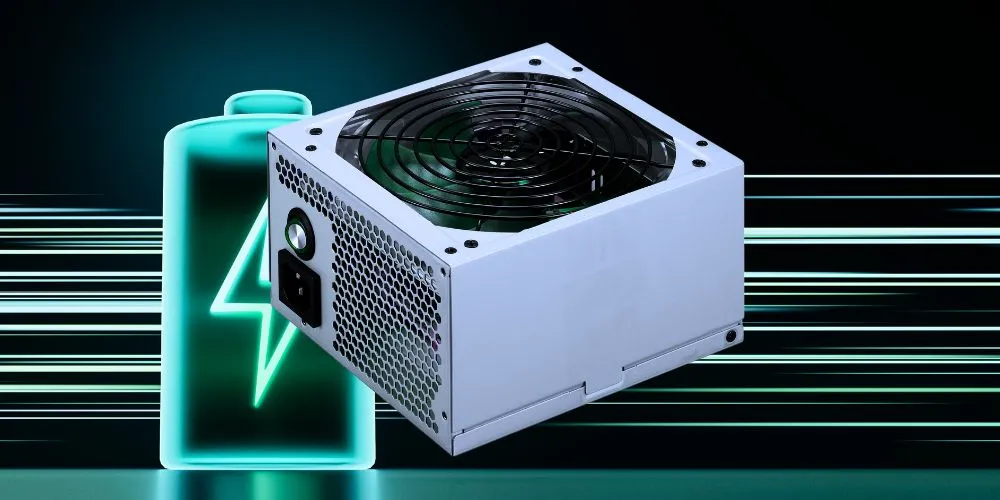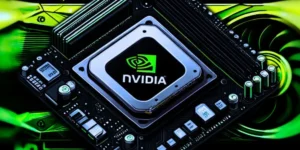A Power Supply Unit (PSU) is an essential component in electronic systems that ensures the conversion and distribution of electrical power. It is pivotal in providing consistent and reliable energy to various devices, from personal computers to industrial machinery. This article explores the intricacies of PSUs, including their functionality, types, applications, challenges, and the future of power supply technology.
Understanding Power Supply Units
PSUs are the unsung heroes behind the seamless operation of countless electronic devices.
What is a Power Supply Unit?
A PSU is an electrical device that converts power from a source, such as a wall outlet, into a usable form for electronic components. It usually transforms high-voltage alternating current (AC) into lower-voltage direct current (DC). This conversion ensures that sensitive electronic components receive the precise voltages needed for optimal functionality, safeguarding them against potential damage from power fluctuations.
The Core Components of a PSU
Key components of a PSU include:
- Transformer: Alters the input voltage to desired levels.
- Rectifier: Converts AC into DC.
- Filters: Smooth out ripples in the converted DC power.
- Voltage Regulator: Maintains a stable output voltage despite input variations.
Together, these components form a robust system capable of providing clean, stable, and efficient power delivery to connected devices.
How Does a PSU Work?
The operation of a PSU involves three main stages:
- Input Stage: Receives power from an external source, often a wall outlet.
- Conversion Stage: Processes the input power, converting AC to DC and adjusting voltage levels.
- Output Stage: This stage distributes the regulated DC power to various components, ensuring that each receives the necessary amount of energy for optimal performance.
This process is integral to the operation of modern electronic systems.
Types of Power Supply Units
PSUs come in several types, each suited to specific applications and requirements.
Linear Power Supply
Linear power supplies are known for their simplicity and reliability. These units use transformers to step down the voltage and regulators to provide a stable DC output. While they offer minimal electrical noise and are ideal for sensitive equipment, they tend to be larger and less efficient than their counterparts. Their design often leads to significant heat generation, which requires robust cooling mechanisms.
Switch-Mode Power Supply (SMPS)
Switch-mode power supplies are highly efficient and compact. They rapidly switch electrical currents on and off, minimizing energy loss. This design allows SMPS to achieve higher power efficiency, making them suitable for various applications, including computers, telecommunications, and industrial machinery. Their versatility and smaller size make them a preferred choice in modern electronics.
Uninterruptible Power Supply (UPS)
An Uninterruptible Power Supply (UPS) is a specialized PSU that provides backup power during outages. It combines battery storage with voltage regulation, ensuring uninterrupted operation for critical systems. UPS units are essential in environments like hospitals, data centers, and industrial facilities, where power continuity is crucial to avoid disruptions and data loss.
Applications of Power Supply Units
The applications of PSUs span diverse industries and devices, highlighting their importance in modern technology.
Computing and Consumer Electronics
PSUs power essential computer components like motherboards, CPUs, GPUs, and storage devices. A reliable PSU ensures system stability, protects against power surges, and supports high-performance hardware. PSUs enable devices like gaming consoles, televisions, and smart home systems to function seamlessly in consumer electronics.
Industrial and Medical Equipment
PSUs provide energy to machinery, automation systems, and control devices in industrial settings. For medical equipment, PSUs deliver stable power to critical systems like MRI machines, ventilators, and surgical instruments. Their reliability ensures the smooth operation of life-saving technologies.
Renewable Energy Systems
PSUs play a vital role in renewable energy systems, converting and regulating energy generated by solar panels, wind turbines, and other sources. They ensure efficient energy storage and distribution and contribute to the functionality of green energy grids and standalone systems.
Challenges in Power Supply Design
Despite their essential role, designing effective PSUs presents several challenges.
Heat Management
Heat generation is a significant issue for PSUs, especially under high loads. Excessive heat can compromise performance and reduce lifespan. Effective cooling mechanisms, such as fans, heatsinks, and advanced thermal materials, are crucial to manage this challenge.
Efficiency and Standards Compliance
Achieving high energy efficiency while meeting regulatory standards, such as the 80 PLUS certification, is a critical challenge for manufacturers. High-efficiency PSUs reduce power waste, lower electricity costs, and minimize environmental impact, making them increasingly essential in modern electronics.
Compatibility and Customization
Ensuring compatibility with diverse devices and scalability for future requirements can be complex. Modern PSUs must adapt to varied voltage needs, power outputs, and form factors, demanding advanced design and engineering.
The Future of Power Supply Units
Technological advancements drive the evolution of PSUs to improve performance and sustainability.
Digital Power Supplies
Digital PSUs integrate microcontrollers and advanced monitoring systems to optimize power delivery. These units provide real-time data on performance, enabling users to manage energy consumption more effectively. Digital PSUs are expected to become the standard in smart devices and IoT ecosystems.
Advancements in Materials
New materials, such as gallium nitride (GaN), transform PSU design. GaN allows for smaller, more efficient units with higher power-handling capabilities, paving the way for more compact and energy-efficient PSUs.
Integration with Smart Systems
Future PSUs will increasingly integrate with smart systems and IoT platforms. This integration will enable intelligent power management, predictive maintenance, and seamless communication with other devices, enhancing overall efficiency and functionality.
Conclusion
Power Supply Units are the backbone of electronic systems, ensuring reliable and efficient energy delivery. PSUs are vital in powering modern technology, from basic components to complex industrial applications. As advancements in efficiency, materials, and integration continue, PSUs will remain at the forefront of innovation, driving progress in electronics and beyond. Understanding the intricacies of PSUs is essential for anyone involved in designing, using, or maintaining electronic systems.










